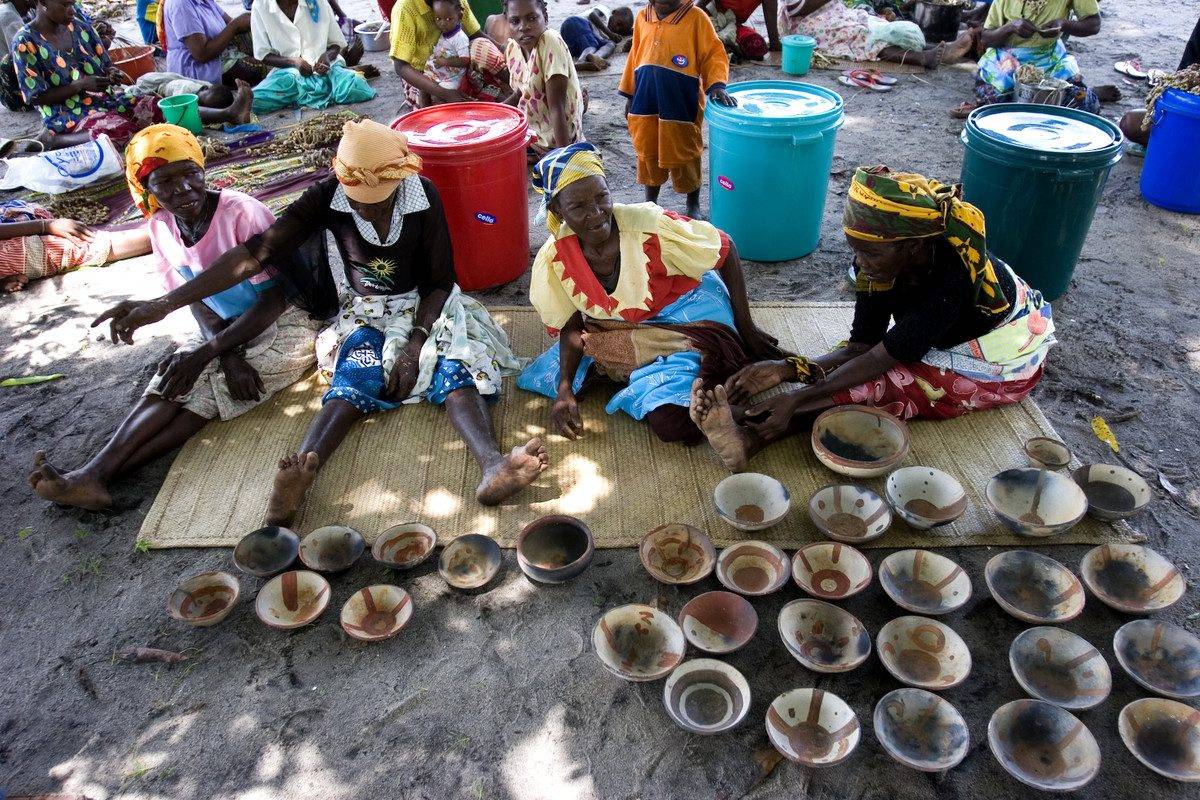Mozambique’s Rural Enterprise Sector Gets Major Boost

Rural small businesses make a huge and critical impact on the state of an economy, and most of the time, these businesses face economic challenges that hinder them from achieving full potential.
Lack of financial services and access to technical resources is hampering small and medium-sized enterprises in rural parts of Mozambique from expanding their markets.
In a bid to provide the solution for the impediments mentioned above to growth, International Fund for Agricultural Development (IFAD) and the government of Mozambique have jointly launched a new Rural Enterprise Finance Project (REFP).
The project will benefit more than 287,700 rural people engaged in agriculture, fisheries, and small and medium-sized enterprises in 10 provinces. Through the project, they will be able to access national and regional markets, a move that will go a long way in boosting growth for their businesses.
“IFAD is a historic and strategic partner for the Government of Mozambique with interventions in agriculture, fisheries, rural finance, and rural development,” said Adriano Ubisse, National Director of Treasury of Mozambique during the launch of the project. “REFP is a new intervention with an innovative implementation approach which will add value to all IFAD-supported projects in my country.”
The project will cost USD 72.5 Mn, including a USD 62.1 Mn grant from IFAD. It will be co-financed by the Government of Mozambique (USD 4.3 Mn), the beneficiaries themselves (USD 1.1 Mn) and the private sector (USD 5 Mn).
“This new project supported by IFAD will focus on the poor and disadvantaged to ensure that rural finance services reach the underserved communities and financially excluded groups,” said Robson Mutandi, IFAD’s Representative and Country Director to Mozambique.
“We are here to stay and work with the Government of Mozambique on the financial inclusion strategy, leaving no one behind,” he added.
Rural entrepreneurs, both agricultural and non-agricultural, will be trained. Through the project also, digital financial services will be developed for agricultural and rural finance products, and the institutions working with the rural population will receive some support.
Even as the demand for food records sharp growth, businesses based in rural parts of Mozambique lag due to challenges like lack of resources, services, and access to markets. The major constraint for them, however, is lack of access to credit and banking services.
The project aims to help raise these rural people to a level that they are creditworthy by improving financial literacy and capacity. REFP also seeks to increase the availability and use of appropriate, affordable, and innovative financial and technical support services.
Featured Image Courtesy: Aga Khan Development Network